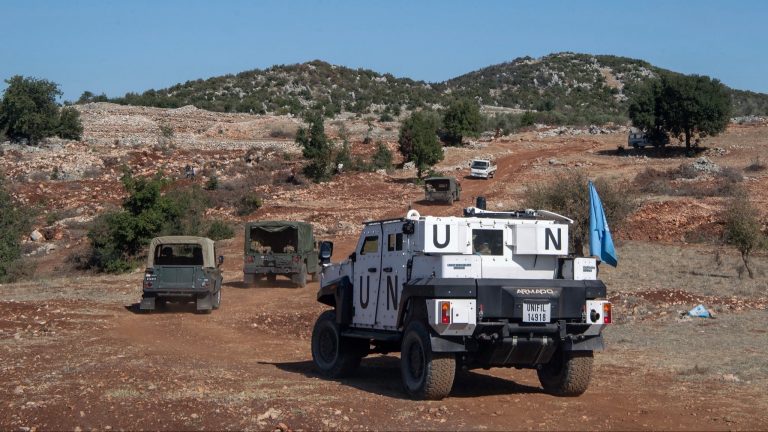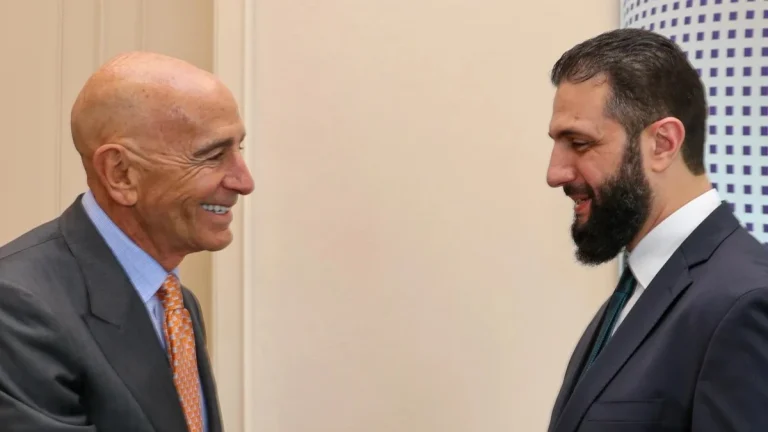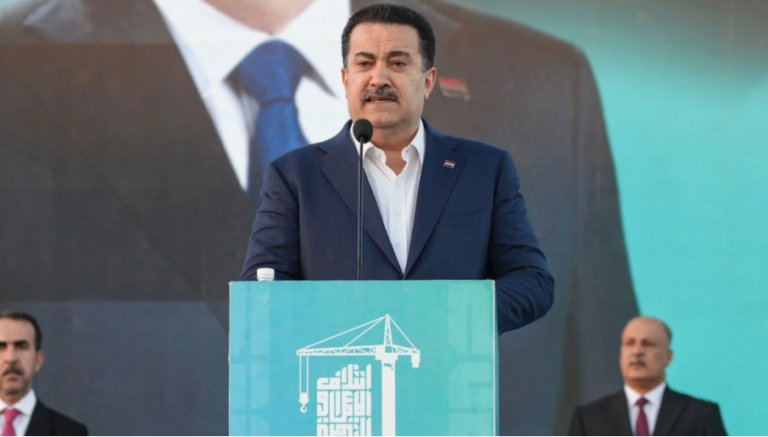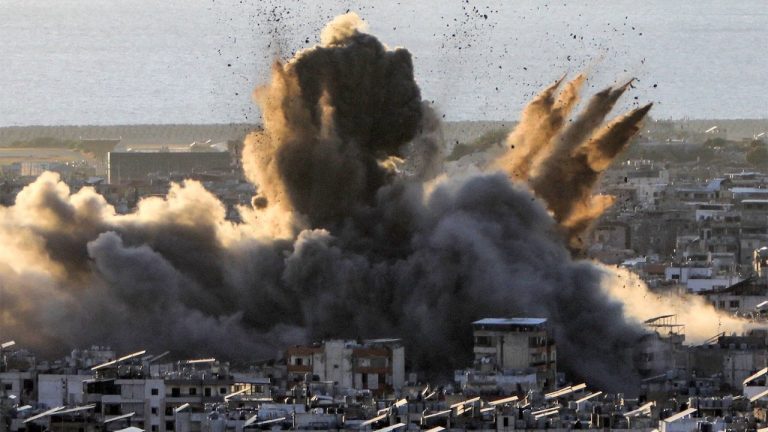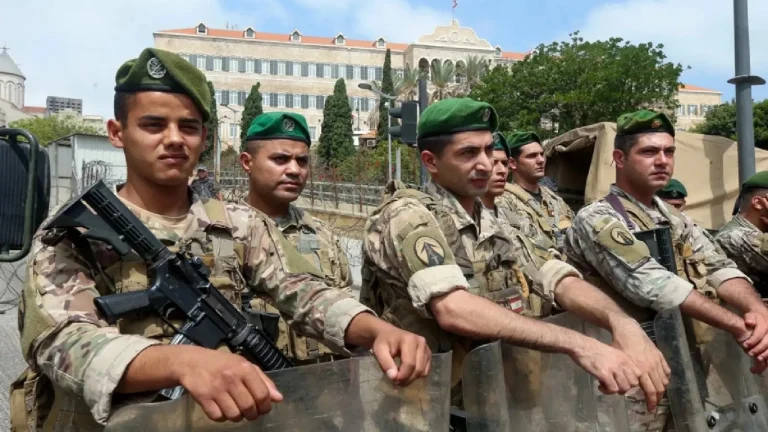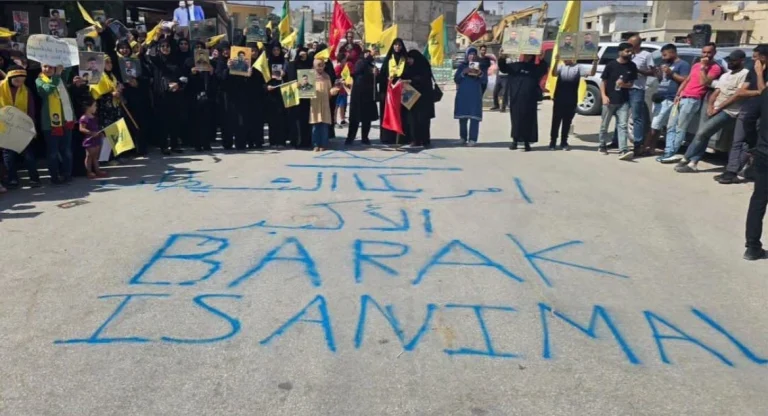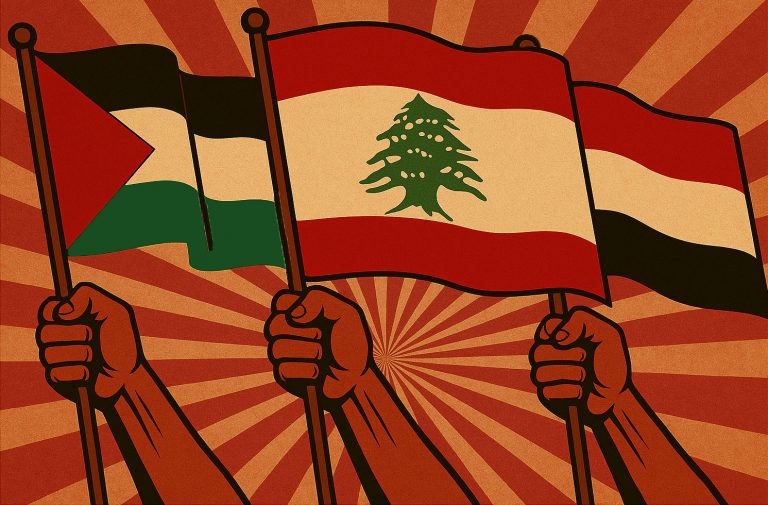Israel Attacks UN Peacekeepers In Lebanon
The United Nations Interim Force in Lebanon (UNIFIL) said in a press release on Sunday, November 16, that some of its troops were targeted by Israeli artillery shelling earlier that day inside the Lebanese territories.
The peacekeeping mission clarified that its personnel escaped the offensive unharmed, after asking the Israeli Occupation Forces (IOF) to stop the assault through liaison channels.
The UNIFIL considered the incident, which marks the third Israeli attack on its troops in the last three months, a serious violation of the Security Council resolution 1701, which was adopted in 2006 to resolve the war between Israel and Hezbollah.

